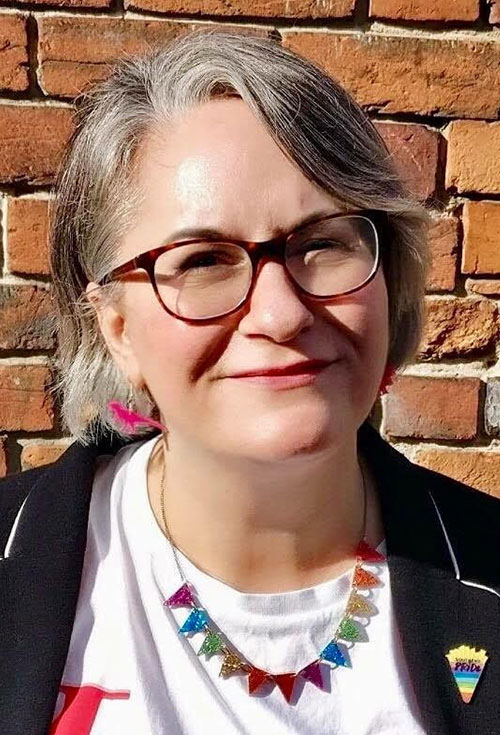Gemma Dunning

Undoubtedly, I was that annoying kid at secondary school. Always questioning the teacher’s decisions, always campaigning or petitioning for something and always pushing for equity of opportunity. I knew I was called to lead change but growing up outside of the church I had no biblical framework for this, just a hunger for justice and a passion for all people thriving.
I took the longest route into ordained ministry partly because of the lack of role models. I met children’s workers, youth workers and community workers who looked like me, who I shared values and similarities with... but ordained ministers seemed to be very different from me. Or at least, I was very different from them. How could I also be a minister if I wasn’t like any of the ministers I knew?
So I sought out a very wise woman, head of formation at the time for Bristol Baptist College. In a breakfast meeting I laid on the table all the things God and I had been up to and all of who I was, the showreel and the back stage. I tentatively said to her “I think I am a minister”; not I think I want to be, should be or could be. In a moment of courage, I was bold enough to say the experiences, contexts and opportunities I had already had meant that God was not starting me off on a new path; rather I was already on the path of living who God had called me to be.
The obstacle I faced was in others receiving this as a valid expression of ministry, as it looked so different to those already with seats at the table. And for the first time someone looked at me and saw the marks of ministry rather than the expression of church. I had to learn to be bilingual, to speak my story in a way that others could understand too and see beyond the external. I have a different lens, having grown up on a council estate, a hunger for justice, a pastoral heart and a smidge of creativity and I believe these are all gifts from God that equip and enable me to play my part in the body of Christ.
I recognise that if this was my experience, then somewhere behind me will always be a younger woman looking out for someone that looks like her. Not having a role model is not an excuse to not being one. I get excited when I see young women gaining a sense of their own unique voice and running their own pathways, ones that look a little different from the majority. My hope is to always be a minister who spots the outsider and cheerleads for them, reminding them that the way God has uniquely made them is not a curse, but rather a blessing and gift to the church.
Photo: Frontier Youth Trust